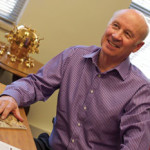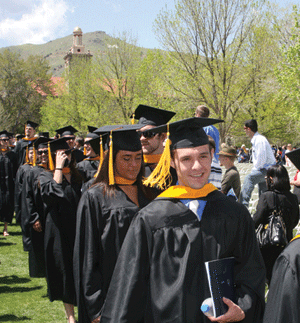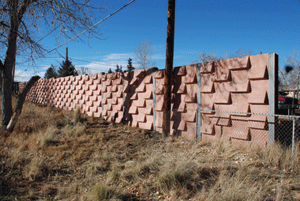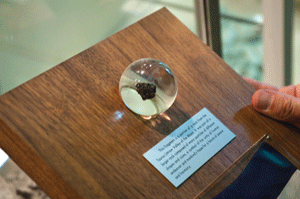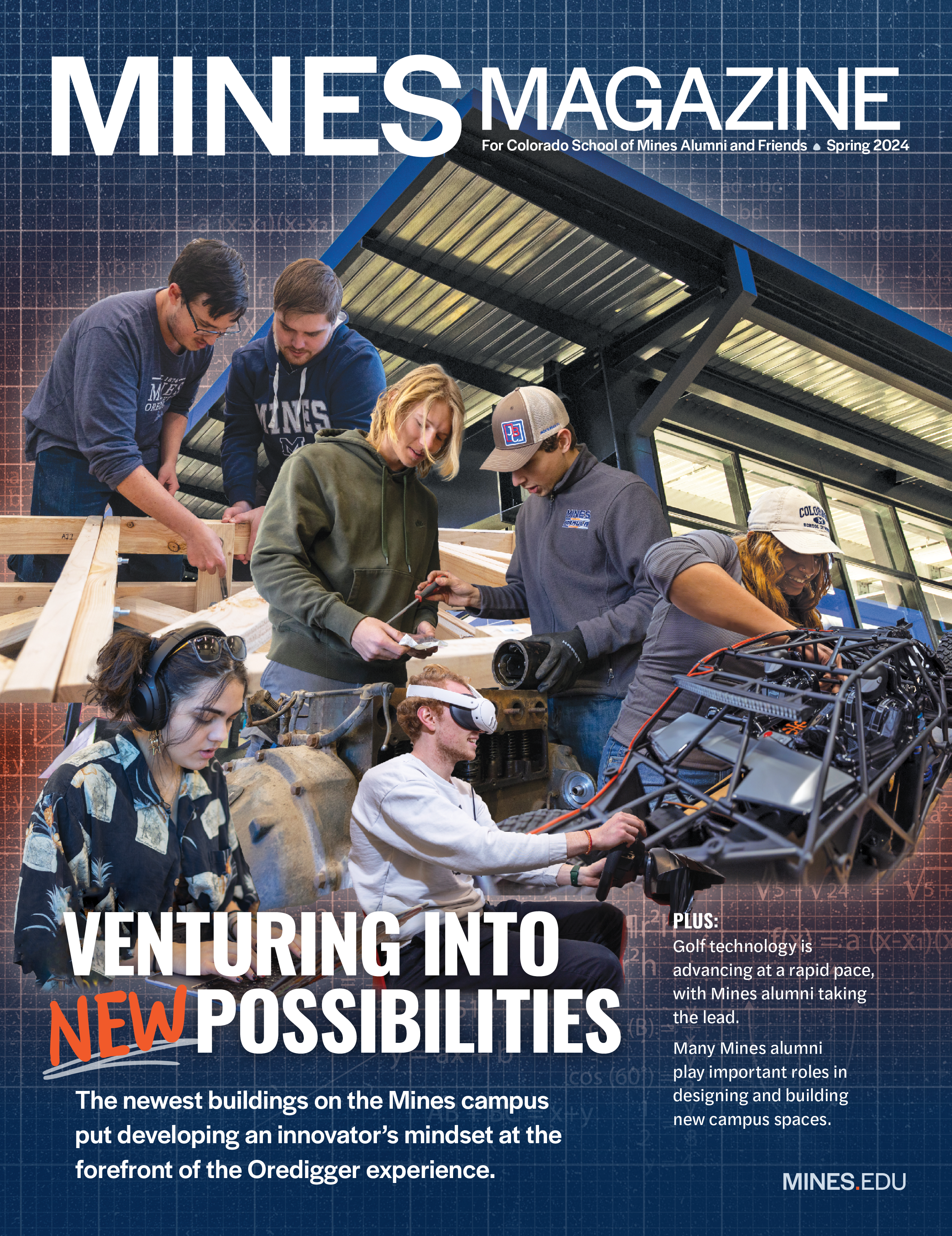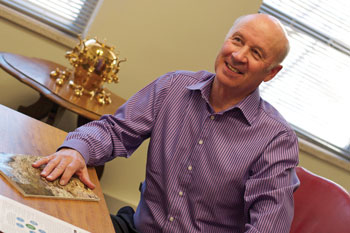
For three decades, geophysics Prof. Tom Davis has divided his time between campus and his family’s farm in Saskatchewan. Taken in his office, this photo includes a model of the earliest known seismoscope that was developed in China in 132 A.D.
Farmer-scholars were common enough in the days of Thomas Jefferson, who proudly described himself as a ‘gentleman farmer,’ but that is no longer the case. Today, the life of a university professor is generally far removed from that of a modern farmer.
Not so for Tom Davis PhD ’74, a professor of geophysics at Mines, who keeps a foot in both these worlds.
Since beginning his academic career at Mines four decades ago, he’s returned almost every summer to Saskatchewan to help run the family farm, a 2,400-acre spread that includes lands his father, Len Davis, started farming in 1946. These days, Tom and his wife, Pat, get plenty of help from their three sons, and some from their six grandchildren. Even Len, aged 94, spent several days last August running the combine harvester.
On campus, Davis is co-director of the Reservoir Characterization Project, an independently sponsored research consortium whose mission is to develop and apply advanced seismology and associated technologies to characterize complex oil and gas reservoirs.
“Historically, oil has been extracted using vertical drilling and vertical wells,” says Davis. “As we have sought to increase production, we have learned a lot about fractured reservoirs. The challenge is finding the fractures, and that’s where RCP comes in. We look for the so-called ‘sweet spots’ where natural fractures occur.” The industry is now able to drill into those sweet spots with horizontal wells and, using multi-stage hydraulic fracturing, connect wells with natural fractures.
Established by Davis in the mid-1980s, RCP has been bringing industry together to collaborate on research for almost 30 years. Working closely with his co-director, Bob Benson ’76, MS ’84, PhD ’97, who joined RCP in 1987, the consortium has steadily grown in stature and size. Over the last 10 years, they’ve received a total of about $20 million in funding from an expanding circle of private sponsors, currently 40, up from 25 in 2003.
Joining the consortium gives member companies access to RCP’s diverse research, including reservoir modeling, simulation, and 3D and 4D visualization, much of which draws on RCP’s seismic datasets, claimed to be the most comprehensive in the world.
Davis is proud of the services they offer industry; he’s also proud of the opportunities they offer students. “The research enables students to get their hands dirty in the oil fields, analyze the data and present at conferences,” he says.
After announcing plans to retire in 2015, Davis says he’s looking forward to spending more time on the farm. And perhaps by then oil will have been discovered on the property, which sits squarely on top of the oil-bearing Bakken Formation. The first wells will be drilled this summer.
In the years ahead, he anticipates continuing to help Mines and RCP, devoting time to research and consulting, and continuing to serve on the board of Geospace Technologies, a manufacturer of specialized seismic equipment for the oil and gas industry.
If they do strike oil, will the family continue to farm? “Absolutely,” says Davis, who jokes that they have no plans (or inclination) to pack up and move to Beverly Hills.
So Davis has plenty of changes in store, but one thing will remain the same: He’ll continue to divide his time between subsurface exploration and farming. These worlds are just moving closer together.

